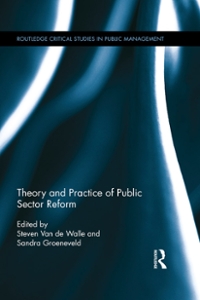Question
For each of the following, answer true or false. If true, prove. If false, derive a counterexample 1. Consider the maximization of f(x) for some
For each of the following, answer true or false. If true, prove. If false, derive a counterexample
1. Consider the maximization of f(x) for some f C 1 over the domain D. If x is the solution and x int(D) then f (x ) = 0 is not a necessary condition.
2. Consider some function f. If f is differentiable at x then f is continuous at x.
3. If a function f is homogeneous of degree k > 0, then f is homogeneous of degree k 1. 1
4. If f(x) is strictly convex then f(x + (1 )y) max{f(x), f(y)} for all x y and for all (0, 1).
5. If A is convex and B is convex then A B is convex.
6. Let X1, X2 and X3 form a partition for X and let Y1, Y2 and Y3 form a partition for Y . If Xi Yi for all i, then X Y .
7. If f is a linear function then f is both weakly concave and weakly convex.
Step by Step Solution
There are 3 Steps involved in it
Step: 1

Get Instant Access to Expert-Tailored Solutions
See step-by-step solutions with expert insights and AI powered tools for academic success
Step: 2

Step: 3

Ace Your Homework with AI
Get the answers you need in no time with our AI-driven, step-by-step assistance
Get Started


